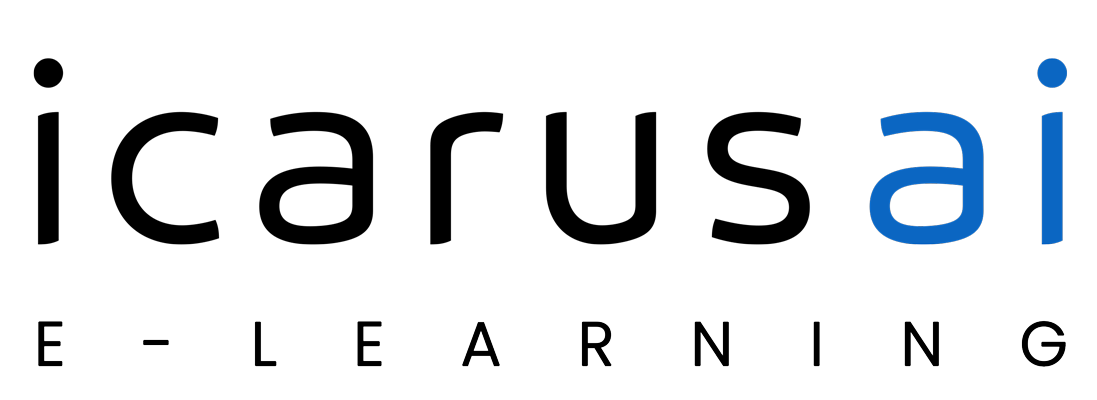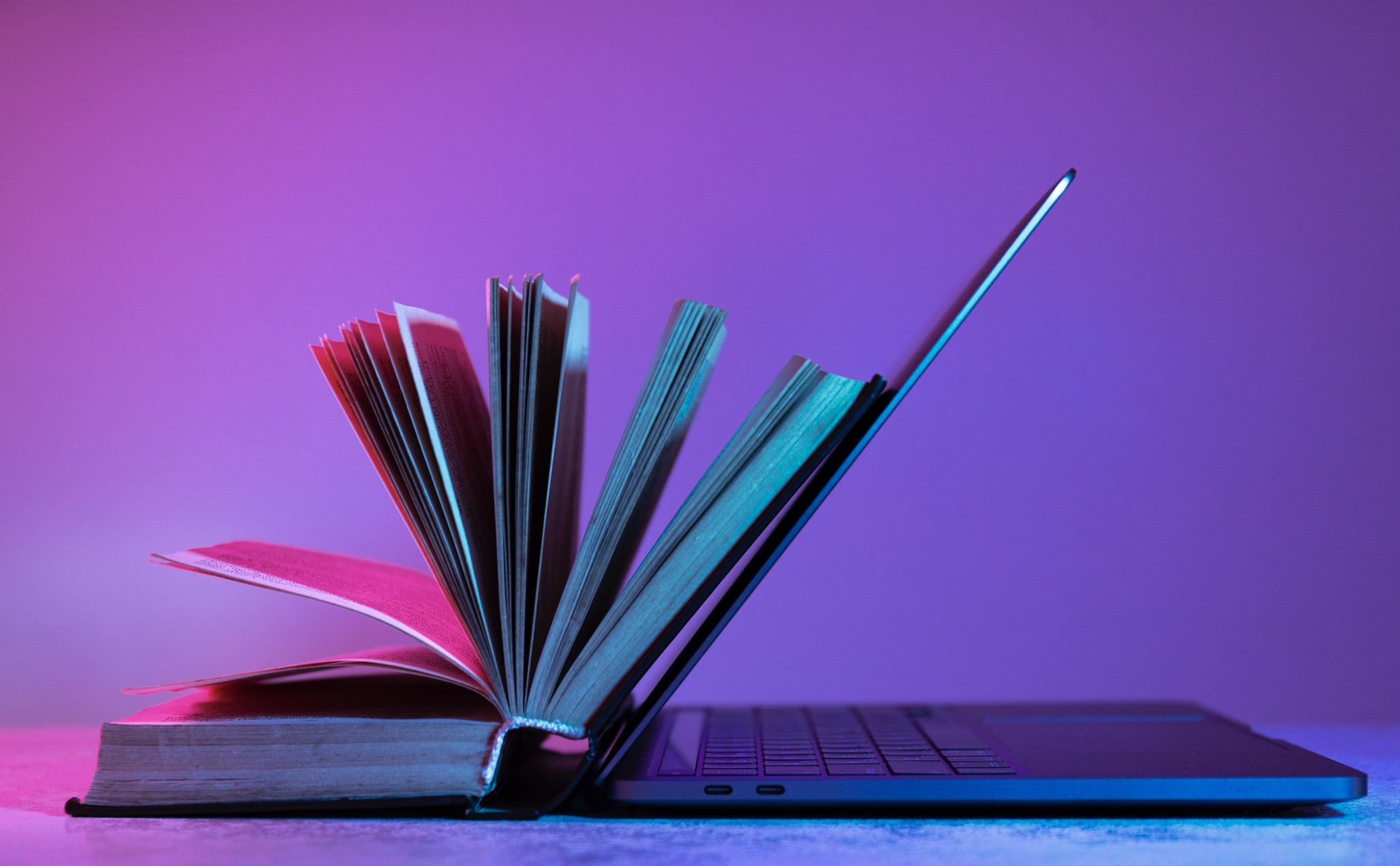Web3 and EtDech
Welcome! My name is Nektar Baziotis and I am the President and co-founder of ENKI Technologies Santa Monica, California. I am pleased to be a featured speaker at this year’s Web 3.0 Conference. My target is to use my experience with innovative technology within the education sector to give you a better understanding of the ways new technology is reshaping our future. More specifically, I would like to give you a bit of insight into my newest project, which I believe can help to revolutionize education using the power of AI.
“Education, then, beyond all other divides of human origin, is a great equalizer of conditions of men—the balance wheel of the social machinery.”
Horace Mann uttered these famous words. Born in 1796, from a young age, Horace recognized the power of a good education. Horace grew up impoverished, with few means to improve his circumstances. But one thing Horace did have was access to was knowledge. When Horace was young, he frequented the public library, where he proceeded to educate himself on a variety of subject matter. He eventually enrolled himself in Brown University, where he developed an interest in politics and social reform.
Knowledge gave Horace opportunities that were previously inaccessible to him. And with this education, Horace became an advocate for education. Horace went on to become an American politician and reformist, with his main objective being the establishment of a universal educational system in America. Horace believed that universal education could provide every American the knowledge and skills that they need to thrive, regardless of their circumstances.
Father of American Education
Horace Mann is widely regarded as the “Father of American Education,” and much of modern educational philosophy can be attributed to his influence. What was once regarded as a privilege for the very elite has slowly and surely transformed into a tool that everyone can use.
A good education is one of the most powerful mechanisms that we can use to open the door of possibility in work and in life. And now more than ever, it is imperative that we continue to improve our educational methods in order to optimize learning outcomes for future generations.
COVID-19 has drastically altered the way many of us conduct our day-to-day lives. For two years, we have all been in and out of some form of quarantine to slow down the spread of the virus and its variants. The pandemic has had an especially negative effect on the education sector. Schools all over the world have had to close their doors to students and teachers to keep them safe. The impact of these school closures has been devastating on the learning outcomes of students. Specifically, quarantine and school closures have left many students struggling to keep up with their schoolwork.
In a 2021 analysis of the 2020/21 school year conducted by McKinsey & Company, researchers found that students from kindergarten to 12th grade were on average around five months behind in mathematics and around four months behind in their reading. For students from historically disadvantaged backgrounds, these gaps in educational development were even greater. Falling behind in school can have a devastating impact on the opportunities a person will have in the future.
So, what do we do to tackle the education crisis? In times of great uncertainty, human beings have turned to innovation. It’s time that we begin to reimagine the ways that we educate. And we must harness the power of new technology to do so—one of the ways that we are combatting. The education crisis during the pandemic is turning to online and hybrid learning.
Online and hybrid learning are the next evolution in the educational system. E-learning refers to the conducting of education utilizing electronic resources. E-learning has grown tremendously because of advancements in technology in the field of education. The accessibility of personal computers and mobile devices with an internet connection has allowed us to be able to conduct the learning process from outside the classroom.
Many schools have chosen to move toward online education to slow the spread of the virus in schools. Online education, or e-learning as it is known colloquially, can be an effective teaching and learning process. By combining digital content with local community and tutor support along with global community engagement, educators can utilize e-learning as a tool to keep students on the right track while keeping themselves and others safe.
However, many educational institutions still lack the tools necessary to optimize their students’ learning outcomes as they take classes from home. It is imperative that we prioritize solutions that focus on filling the gaps in education. Artificial intelligence is a major tool that can be utilized to revolutionize e-learning for the better.
AI becomes more and more a daily reality. Its impact has started improving the understanding of business, and several markets like healthcare, retail, sports, agriculture, and others have already taken several benefits. AI is expected to reach a market of $126 billion by 2025.
AI-enabled e-learning system
Our innovative approach is ICARUS, an AI-enabled e-learning system. ICARUS E-Learning, a project granted by the European Commission – H2020, combines Artificial Intelligence and E‐Learning. It consists of Machine Learning elements that consider business realities and student needs, make learning more profile-focused, enhance the understanding of business practices, boost subject understanding, and grow engagement. This will enhance the value of traditional e‐learning systems as well as the learning material input by the tutor.
We use the data it collects to learn students’ unique learning styles and needs, and with supervised and unsupervised algorithms, we simulate a curriculum tailored to each students’ learning habits and improve the overall learning experience and outcomes for each student.
The next generation will lead us soon, in our families, businesses, and government, and we know they have the potential to create a better, more resilient, and enlightened future. To best equip them, it is our duty to provide them with all information, training, and opportunities they need. They need to know what we know and be able to apply critical thinking and common sense to draw their own conclusions with confidence. With these skills, they can turn the 5 trillion euros we spend in education annually into a better world. I have been dreaming about getting an E-learning system with AI for the past 15 years.
Thank you

